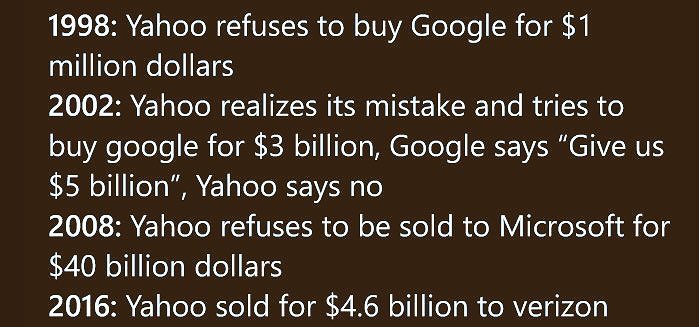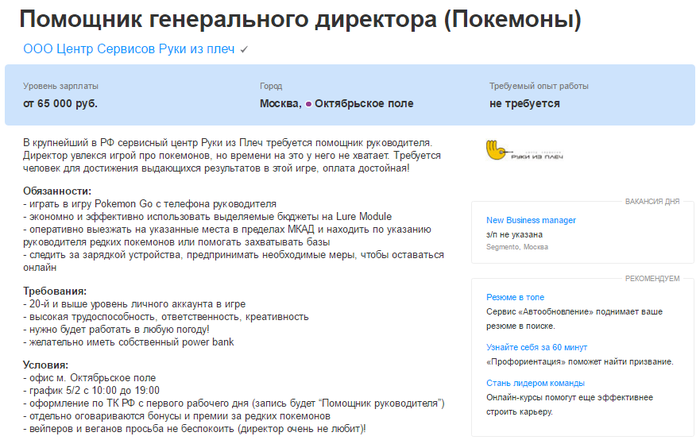The digest of interesting events from the world of Java, and around it # 7 (07/18/2016 - 07/31/2016)

In this issue
- Big releases: Linux , Spring , Spark , Protobuf , Aeron
- Big purchases: SoftBank buys ARM
- The “cloudy” future of Java EE
- We struggle with coordinated omission in benchmarks
… and much more
1. News
1.1. Big releases
What is the best thing to do at the height of summer? Of course, plow up to the seventh sweat, preparing new versions of cool products! Over the past two weeks, came the mass of interesting releases. No comments, just links:')
Linux 4.7: kernelnewbies.org/Linux_4.7
Spring 5.0 M1: spring.io/blog/2016/07/28/spring-framework-5-0-m1-released
Spring Boot 1.4: spring.io/blog/2016/07/28/spring-boot-1-4-released
Spark 2.0: databricks.com/blog/2016/07/26/introducing-apache-spark-2-0.html
Protobuf 3.0: github.com/google/protobuf/releases/tag/v3.0.0
Aeron 1.0: github.com/real-logic/Aeron/wiki/Change-Log
1.2. The cloudy future of Java EE
Link: http://www.infoworld.com/article/3098007/java/oracle-to-reboot-java-ee-for-the-cloud.htmlOracle maintains intrigue about the future of Java EE , but gives some hints. According to Thomas Kurian , everything will be very cool: there are microservices, and reactive, and clouds, and NoSQL. Ambitious. A fairly clear signal to the rest of the world: "we will not miss our own."
1.3. Japanese buy ARM
Link: http://www.wsj.com/articles/softbank-agrees-to-buy-arm-holdings-for-more-than-32-billion-1468808434The Japanese business group SoftBank announced the purchase of the manufacturer of the chip manufacturer ARM . Issue price - 32 billion dollars. Yes, Internet of Things is sweeping the planet. Therefore, cut Unsafe from wherever possible. Otherwise, your microservice on iPhone 7 will be closed tomorrow - you will end up having problems with endians and alignment with you :-)
Against the background of this big purchase, another success story, which was resolved at the end of July:

2. Read
2.1. Benchmark correctly
Link: http://psy-lob-saw.blogspot.ru/2016/07/fixing-co-in-cstress.htmlNitsan Wakart talks about his fight against the phenomenon of coordinated omission in Cassandra's benchmarking tool. The problem is nasty: if you bombard the server with synchronous requests, as soon as it starts to choke, your benchmark tool starts to slip. Therefore, in this kind of benchmarks it is very easy to get inadequate numbers, having missed the moment the server hangs up.
The article will help you to refresh the basics of the theory of queues in your head, and once again remind you how carefully you need to interpret the results of benchmarks.
2.2. What is a fail-safe iterator?
Link: https://stuartmarks.wordpress.com/2016/07/27/there-is-no-such-thing-as-a-fail-safe-iterator-in-java/The author asks a seemingly trivial question - what is a fail-safe iterator? But then he shows that “fail-safe” in the context of iterators, it’s something like “reordering” in concurrency. That is a very vague concept, which practically says nothing about the behavior of a specific iterator.
2.3. Why change Postgres to MySQL
Link: https://eng.uber.com/mysql-migration/The guys from Uber tell why they replaced Postgres with MySQL . The architecture is to blame - during Postgres updates, it is necessary to make more entries per disk compared to MySQL, which writes less at the cost of additional readings. This entails a number of negative effects. For example, replication between data centers is too expensive.
Such a deep immersion in the subject is amusingly contrasted with one of the well-established (anti) patterns of the OOP world: “hide implementation details”. As practice shows, it is necessary to “hide” with the mind.
3. Wisdom
3.1. Who clearly thinks, he clearly states
3.2. About low-level languages
4. Humor
4.1. Soon in subway cars
4.2. Not so we do

Issues: Previous - Next
Source: https://habr.com/ru/post/306878/
All Articles